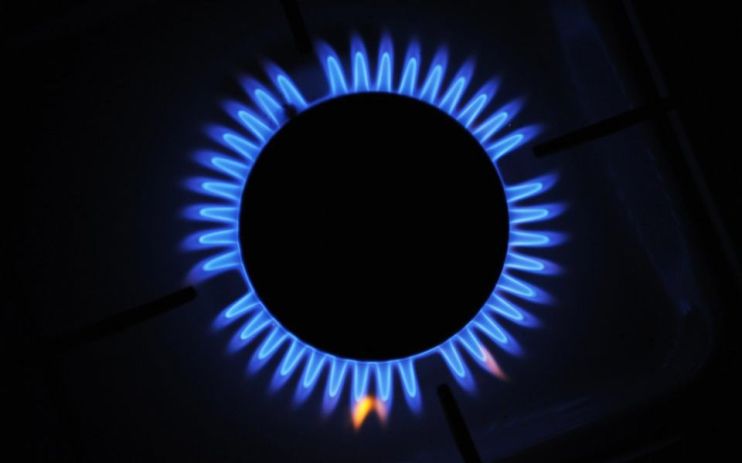National Grid avoids emergency blackout measures in supply scramble

National Grid opted against implementing emergency measures to stave off blackouts tomorrow, escalating fears of supply shortages this winter.
The company’s electricity system operator (NGESO) revealed this morning that it was considering activating its Demand Flexibility Service (DFS) for the first time to help reduce the risk of blackouts on Tuesday.
This follows power outages in France and a decline in renewable energy generation over the past week.
In a notice published to the market at 10am today, National Grid said: “An anticipated DFS requirement has been published for tomorrow – Tuesday 29/11/2022.
“This is an indication that a DFS service requirement might be published today at 14:30.”
The plan was cancelled this afternoon after a scramble to secure enough power to keep the lights on – with the UK reportedly securing generation from one of its standby gas-fired power stations.
A notice at 2.30pm said: “There is no longer considered to be a requirement for DFS.”
The scheme was launched at the start of this month and is set up to pay households and businesses to cut the amount of electricity they use.

Scheme to ease supply crisis this winter
People who are signed up for the initiative are paid to not use appliances such as electric ovens, dishwashers and tumble dryers during peak hours.
The intention is to reduce strain from the system when supply is tight, as it was expected to be on Tuesday night.
Households which have signed up to the programme receive a message in advance asking them to turn off appliances at a certain time in exchange for £3 per kilowatt-hour saved.
If the £3 is fully passed on by the suppliers to customers, that equates to household payments of £20 for each day requested by National Grid.
National Grid has developed the scheme this year amid growing concerns over winter energy supplies following shortages triggered by Russia’s war on Ukraine.

The supply squeeze has contributed to National Grid including rolling blackouts in January as a worst case scenario in its winter outlook.
DFS is the earliest emergency phase in the event that peak demand exceeds supply over the coming winter.
The supply crunch today was exacerbated by nuclear power shortages on the continent, while over the last 40 hours, the UK wind power industry has swung from producing 16.4 GW to generating just 0.4 GW.
The drop in electricity production is equal to switching off 14 nuclear power stations.
National Grid has been approached for comment.
.